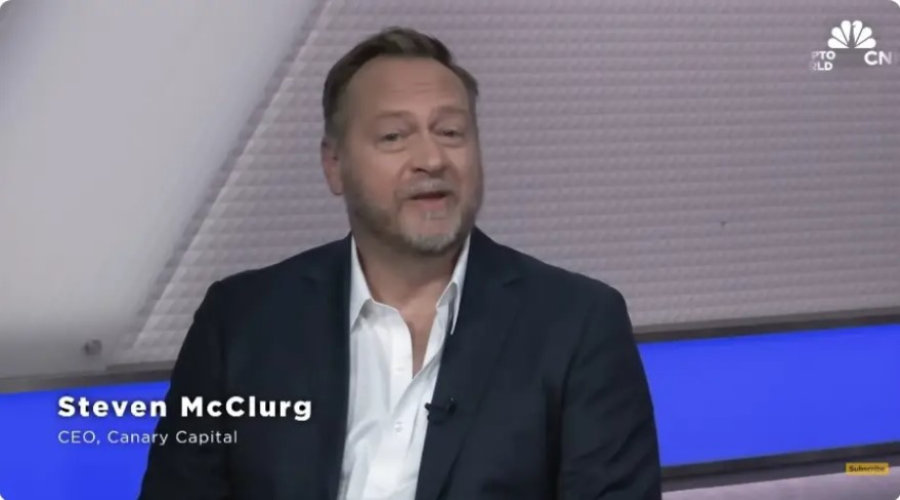London, summer: the peonies have already blossomed in Holland Park, the picnics invade primrose Hill, and I find myself, once again, to ask me: But where did the Darcy of today end? This year the 250 years have been celebrated from the birth of Jane Austen, the most romantic (and sarcastic) pen of English literature. Yet, while the London theaters pay homage to them with new staging (an eye on Austenatius) and public readings in Regency clothes, I celebrate in my own way: looking for traces of Fitzwilliam Darcy between the City neighborhoods and the Gail’s queues. Me – Single, Italian, idealist – I can’t stop doing a disfigosed calculation: How many Mr. Knightley are still in circulation in London? And above all: do they take the Northern Line? If so, the branch for Edgware or for High Barnet?
It must be said that Jane Austen made us a little bad. His novels were not only love stories, but surgical operations on the social anatomy of his time: ironic, sharp, very modern. Still, we continue to remember her especially for him, the final prototype of the man we like to hate before loving: Mr. Darcy, Algid, clumsy, proud gentleman, who seems to hate us in turn but in reality loves us madly!
I have spent the last few years between film sets, previews and most crowded dating apps of Piccadilly Circus at the top hour. And never, I never say, I found a man who, in the middle of a conversation, would tell me calmly disarming: “You must at me to Tell You How Ardently I Admire and Love You”. At most I received an “u up?” At 11:46 pm by a certain Charlie with the Kayak profile photo or a double blue check remained fossilized forever.
When they ask me where I live, I always answer that I live “in London Bridge, in the Bridget Jones district”. Yes, the literary and cinematographic projections gallop with me, but the point is that the creator of Bridget, Helen Fielding, also thought it well to re -propose the Mr Darcy of Aunt Jane and the triangle with Mr Wickham, represented by Daniel Clever Aka Hugh Grant. So far, in my small way, I have only managed to recreate the scene in which I have the Black Cab taxi driver waiting as I look for the best outfit to run to make a declaration of love seasoned with a series of fools during the journey, and the taxameter flows. Ah no, maybe it was a Uber.
But Jane has not only created Darcy. Also gave birth to Wentworth captainperhaps the most “mature” character of his romantic pantheon: man disappointed, wounded, but still capable of writing the most beautiful love letter in the history of English literature, stuff that if you read it aloud on the bus to move you even if you pass in front of a Tesco.
And then there is Henry Tilney, the only ironic male protagonist, who reads Gothic novels and makes fun of conventions. A unicorn, practically. Or Edmund Bertram, With his moral conflict and performance anxiety as a good nineteenth -century boy, who today would probably make Mindfulness and sensed continuously.
Jane Austen has created complicated, proud but loyal, bright and ironic men, capable of dueling with words and feelings. Today, however, we find ourselves with men who go haywire when they are their turn to ask you a question about you and who confuse a declaration of love with the fire emoji. Still, I obstruct me to look for them. I tell myself that maybe Mr. Darcy works in a charity shop in Notting Hill, he is a vegetarian, and by Songron reads on the loverund. Or that Captain Wentworth has a vintage bicycle and the broken heart, and will pass me by Broadway Market leaving a vague scent of Earl Gray and regrets in the air.
Perhaps the real problem is that Austen Boys were written by a woman. From someone who recognized male fragility but he dressed in honor, slowness, respect, and not of unresolved trauma, perennial insecurities that prevent him from making any decision, labels such as “pathological narcissist” when they move away and then return, several times. One who understood that the romantic tension is built not on the quantity of messages and attention waves to the four winds, but on the silence that anticipates a letter, on the fear of loving and on the courage, in the end, to say it. Jane created with the imagination what he did not see around him: men capable of growing, listening, changing. Men who learn about and recognize women without wanting to dominate them. Perhaps they were less a love ideal and more a possible world project.
So yes, I keep looking for them. Between yet another rewatch of Pride and prejudice It is a lonely walk to Hampsted Heath, where, if you concentrate, you can still feel the chickever of a horse in the distance. Although it is probably not a question of “bachelors in possession of a great heritage in search of wife”, but only of children of the rich who make riding lessons at £ 100 per hour. What if there are no more Jane Austen Boys? Or have they ever been there? Well, maybe it’s up to write them. Be that someone can take example
Source: Vanity Fair
I’m Susan Karen, a professional writer and editor at World Stock Market. I specialize in Entertainment news, writing stories that keep readers informed on all the latest developments in the industry. With over five years of experience in creating engaging content and copywriting for various media outlets, I have grown to become an invaluable asset to any team.







